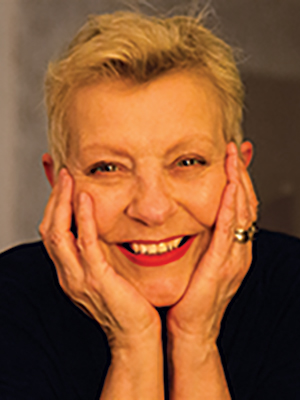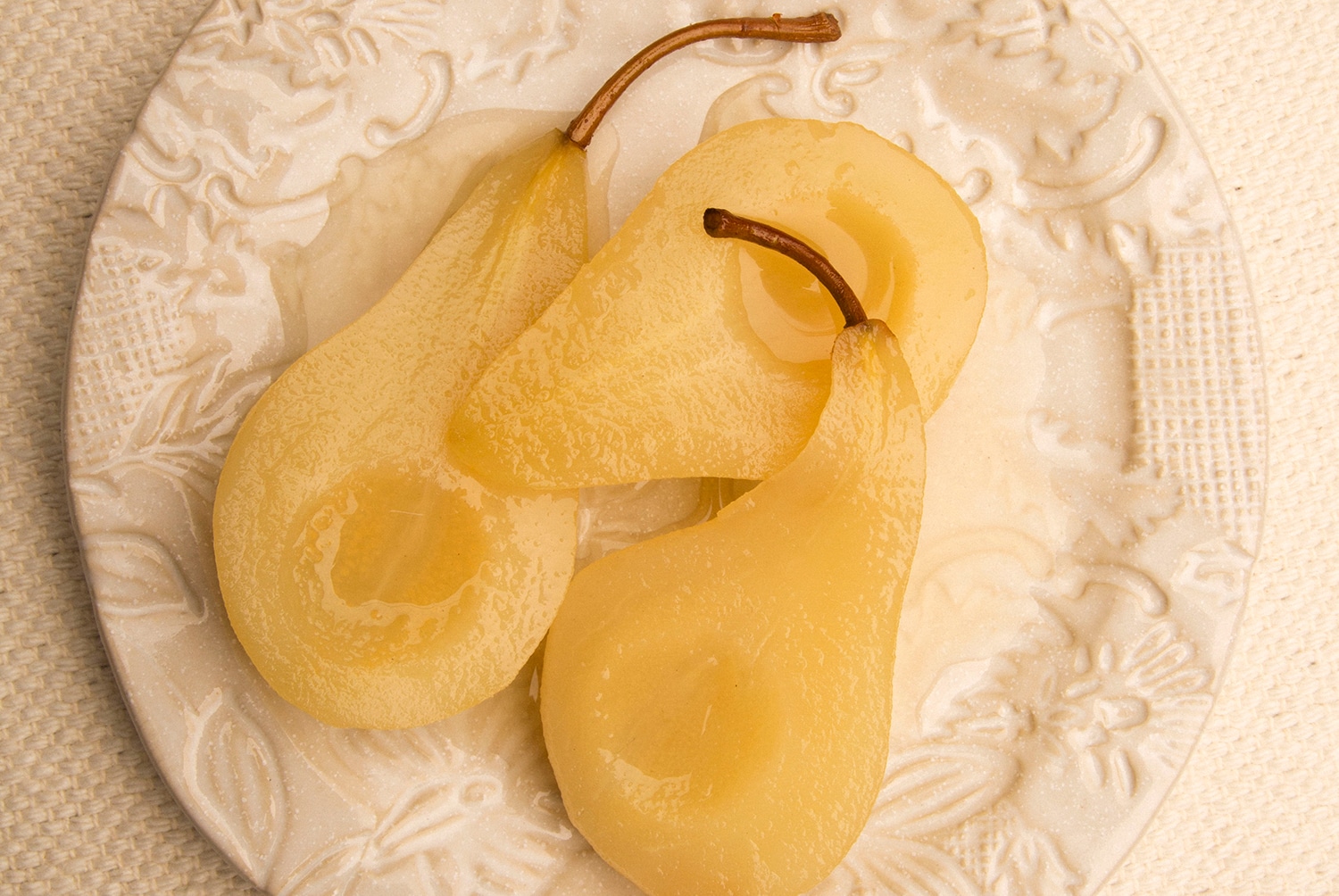When Ann Ogden Gaffney was diagnosed with stage II kidney cancer at age 53 in 2001, she had surgery and went on with her life. An unrelated stage IA triple-negative breast cancer diagnosis in early 2005 changed everything for her.
Ogden Gaffney, who grew up in Brighton, England, and has lived in New York City since 1985, took a break from her career in fashion design to undergo surgery, chemotherapy and radiation for her breast cancer. As she contemplated returning to work, she realized she didn’t want to go back to her old job. “The things that had been important before going through all of this were no longer important to me,” she says.

Ann Ogden Gaffney Photo by Joe Gaffney
During her treatment, Ogden Gaffney found that cooking offered comfort and a sense of control, so she started a nonprofit to teach cancer survivors about cooking. Founded in 2007, Cook for Your Life currently holds classes at CancerCare and the American Cancer Society’s Hope Lodge in New York City, as well as at medical campuses in the city and at events around the country. The Cook for Your Life website features recipes and instructional videos of Ogden Gaffney cooking and demonstrating basic kitchen skills, like chopping onions and making salad dressing.
A Spanish-language version of the website is available, and Cook for Your Life is partnering with researchers at the Columbia University Mailman School of Public Health on a program designed to help Latina breast cancer survivors adopt healthier lifestyles. The Cook for Your Life cookbook was published in 2015.
Cancer Today spoke with Ogden Gaffney about her experience of food during treatment and how to make cooking easier and more enjoyable for cancer patients and survivors.
CT: Why do you think cooking became so important to you during your breast cancer treatment?
OGDEN GAFFNEY: My mother is Italian. My father was a master baker. My granddad was a chef, so I kind of come from food. I’ve been cooking since I was 12 years old. What was really amazing to me was how things started to taste weird during treatment. Water was the thing that tasted the worst. Things I liked, like lemon, tasted weird, so I had to find alternatives. Basically, I could use my cooking skills to tweak food and try out different things in order to be able to eat properly and drink properly. I would play around, and I found things that really suited me.
CT: How did you go from cooking for yourself to teaching others how to cook?
OGDEN GAFFNEY: From going to support groups and just chatting with people in the chemo suite, as one does, I found I was really lucky. I realized most people don’t really cook, especially in New York City. My friends would go to an oncology nutritionist, who would give them some ideas about food to eat, but quite honestly, unless you’re willing to go into the kitchen and just fix the meal, it’s not going to happen. I started to share recipes and tips, and that morphed into cooking classes. The people who came had such a great time, and they threw this stuff together. It was all put together in a great buffet. They couldn’t believe they’d actually made it. I thought, “This is it. This is what I want to do.”
CT: What is your advice to someone who is feeling overwhelmed by cooking?
OGDEN GAFFNEY: I think the big thing is to plan. One of the features of most cancer chemo protocols is that they end up having a certain sameness to them, inasmuch as you kind of know when you’re going to feel horrible, when you’re going to start feeling better and when you’re going to feel almost well. My advice is to prepare ahead of time for those times in the cycle when you know that you’re not going to be able to do very much. Make the freezer your friend. At the supermarket, if you want to make a pumpkin soup, but you really do not want to wrestle with the winter squash, buy the cut stuff. It’s not a contest. Keep frozen vegetables. They can be really good.
CT: Your cookbook is divided into sections titled with single adjectives, like soothing or spicy, describing the recipes in them. How did you choose that organizational scheme?
OGDEN GAFFNEY: I wanted people to be able to relate to the experience and feeling of cooking and eating as a cancer patient and survivor. For example, the first chapter of the book is “Simple,” and that to me was really important, to have things that were nutritious and tasty and that weren’t going to take a lot of effort. “Soothing” was something I really needed. I thought it would be great to have all of those chicken soup-y kinds of things in one spot, things that really are going to make you feel good. With “Spicy,” I’m not necessarily talking about adding a lot of heat. It’s just adding strong flavor. “Sweet” is pretty controversial. There’s this “sugar feeds cancer” myth, but sometimes sweet things are just what you need. I wanted people to be able to use the book, and the website too, according to how they were feeling at any given time and not have to overthink it.
CT: How do you think about nutrition as a cancer survivor, and how has that influenced your work?
OGDEN GAFFNEY: For me, cooking is the first step to healthy eating. The more that you cook and you make things from scratch, the more goodness you’re likely to put into your body. The cookbook is not a food-as-medicine book. It’s a food-as-food book. The food we eat does reflect how healthy we are, but I hate the idea of dosing yourself with food. People enjoy eating for pleasure, and even when it’s difficult, I think we should not try to take the pleasure away from it.
Cancer Today magazine is free to cancer patients, survivors and caregivers who live in the U.S. Subscribe here to receive four issues per year.





